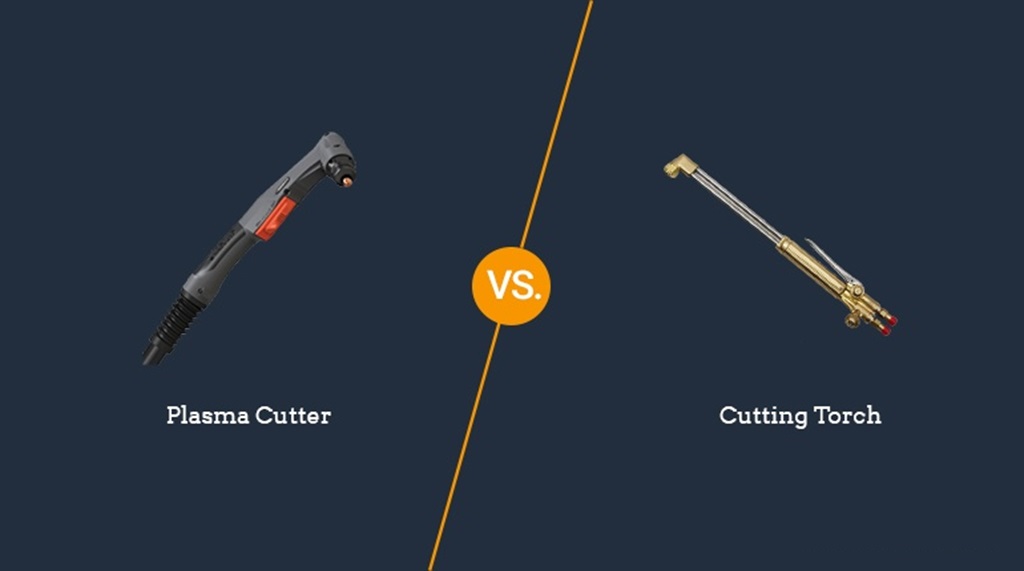In this digital age, social media has become an integral part of our lives. People share their thoughts, experiences, and even mundane moments on various social platforms. With the rise of influencers and content creators, a common question that arises is, “Do you get paid per share?” In this article, we’ll delve into the world of social media compensation, exploring the mechanisms behind earning money from sharing content online. This content is completed by communalbusiness.net
The Rise of Social Media Influencers
What is a Social Media Influencer?
Influencers are individuals who have a significant online following and can sway the opinions and behaviors of their audience. They have become a driving force in the marketing world, partnering with brands to promote products and services.
Understanding the Power of Social Media Influence
The power of social media influence lies in its ability to connect with millions of users worldwide. The trust and authenticity established by influencers can lead to higher engagement rates and increased brand exposure. Discover what is one share of 1964 at&t stock worth.
Exploring Social Media Compensation Models
Pay-Per-Share: Myth or Reality?
The concept of getting paid per share might seem appealing, but it’s essential to understand the realities behind it. While some platforms may offer incentives based on the number of shares, it’s not a common practice across the board.
The Influencer’s Compensation Mix
Influencers typically earn money through various channels, including sponsored content, brand partnerships, affiliate marketing, and more. Their compensation mix depends on factors like their niche, follower count, and engagement rates.
Sponsored Content: A Lucrative Avenue
Sponsored content is a popular way for influencers to monetize their presence. Brands pay influencers to create and share content that promotes their products or services. However, transparency is crucial to maintain trust with their audience.
Decoding the Social Media Algorithms
Understanding Algorithmic Impact on Compensation
Social media platforms use complex algorithms to determine the reach and visibility of posts. Influencers need to grasp these algorithms to optimize their content for maximum exposure.
Engagement Metrics that Matter
To thrive in the world of social media, it’s essential to focus on engagement metrics such as likes, comments, shares, and saves. Higher engagement signals relevance to the platform and attracts potential collaborations.
The Burgeoning World of Affiliate Marketing
What is Affiliate Marketing?
Affiliate marketing involves promoting products or services and earning a commission for each sale made through the affiliate’s unique link. It provides influencers with a performance-based earning model.
Leveraging Affiliate Programs
Influencers can partner with brands that offer affiliate programs relevant to their niche. By recommending products they genuinely believe in, influencers can turn their recommendations into a lucrative income stream.
Navigating FTC Guidelines
The Importance of Transparency
Influencers must disclose their partnerships with brands to comply with Federal Trade Commission (FTC) guidelines. Transparency ensures that their audience knows about the commercial nature of their content.
Maintaining Authenticity in Sponsored Content
Striking the Right Balance
While sponsored content is an income source, influencers must maintain authenticity to preserve their rapport with followers. Balancing promotional posts with genuine, relatable content is key.
In conclusion, getting paid per share is not a common practice in the world of social media compensation. Instead, influencers earn money through various means, including sponsored content and affiliate marketing. Understanding social media algorithms, engagement metrics, and FTC guidelines is crucial for a successful and ethical influencer journey.
FAQs
- Can anyone become a social media influencer?
Yes, anyone with a passion, dedication, and unique voice can become a social media influencer. Consistency and authenticity are essential.
- How much money can influencers make?
The income of influencers varies widely depending on factors like their niche, follower count, and collaborations. Top influencers can earn significant amounts.
- Do influencers only work with big brands?
No, influencers work with brands of all sizes. Micro-influencers, with smaller but engaged audiences, are sought after by niche brands.
- Are there any legal obligations for influencers?
Yes, influencers must follow FTC guidelines and disclose their partnerships with brands to maintain transparency with their audience.
- How long does it take to become a successful influencer?
Becoming a successful influencer takes time and effort. It varies for each individual, but perseverance is key.




